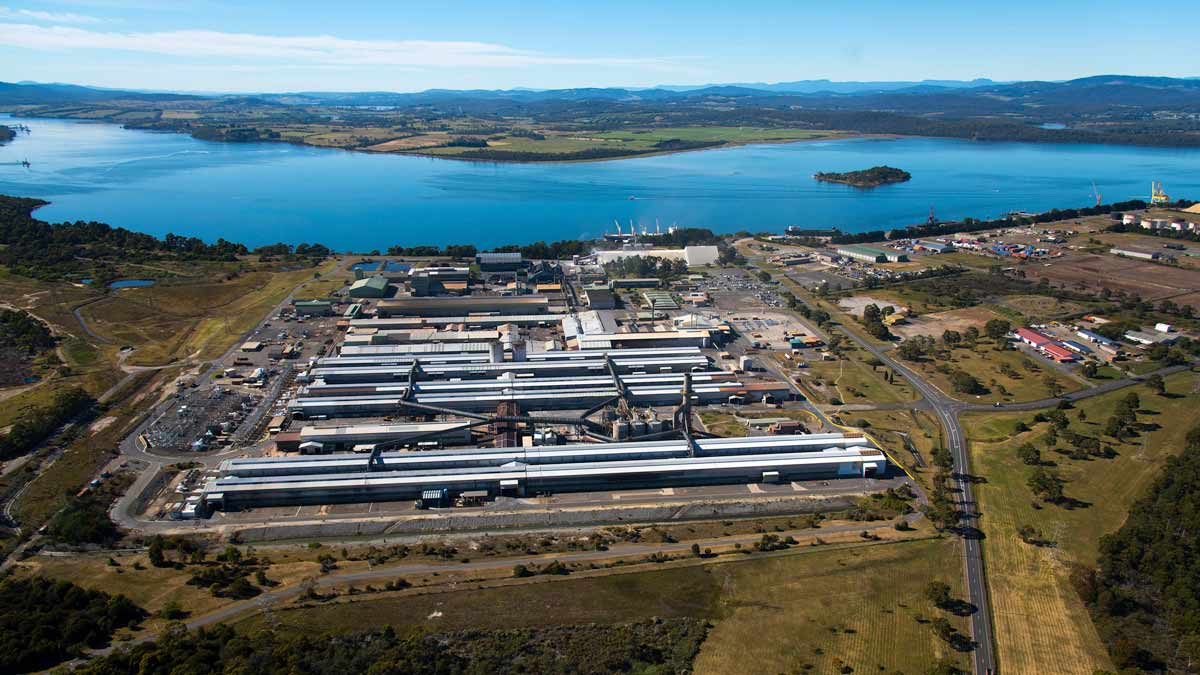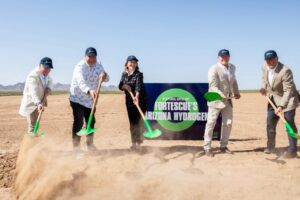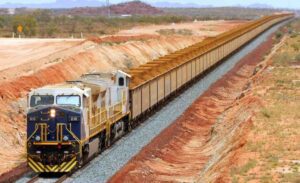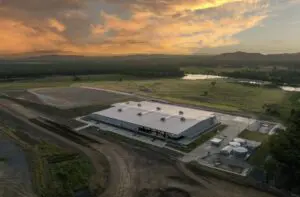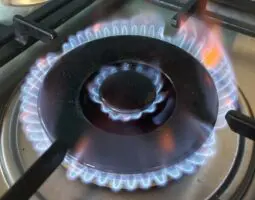Line Hydrogen has secured development approval for its George Town green hydrogen plant in Tasmania and plans to start building in July, and producing around the end of 2023.
The 7.6 megawatt (MW) project is a production, storage and distribution facility that will, at full capacity, make 1.24 million kg per year of green hydrogen for vehicles, and other applications.
Electricity for the hydrogen production will come from Climate Capital’s Bell Bay solar farm, which is still under construction.
The development application was passed this week by the local council following Tasmania EPA approvals in June.
Line Hydrogen says this will be the first project of its ilk to get off the ground.
If it can meet its late 2023 timeline it’ll scrape in ahead of Tasmanian rival Countrywide Hydrogen, which has been touting its two Tasmania projects and offtake deals ahead of production 2024, and the 10MW electrolyser currently being built by ENGIE and Mitsui & Company in the Pilbara, which is also slated to start producing in 2024.
A 10MW electrolyser is also now on the table for Wodonga, to start in 2025.
“The world is watching what LINE Hydrogen is doing as we’re at the forefront of green hydrogen growth and development,” said ”, said company founder and chair Brendan James.
“Our George Town Project is the first green hydrogen project for Tasmania as well as the first in our pipeline of green hydrogen production and activation projects across the country and internationally.
“The need to put in place a green energy solution to diesel replacement, particularly in the areas of heavy transport and heavy industry, has never been greater.”
The company received $5.5 million in the federal budget for the George Town project to build hydrogen refuelling stations alongside fuel distributor Bonney Energy.
It’s also converting its own fleet of 20 prime mover trucks and 10 smaller rigid trucks to hydrogen power, and trialling fuel cell and combustion conversion engines.
Line Hydrogen is seeking a listing on the London Stock Exchange by September via a Special Purpose Acquisition Company (SPAC), at a valuation of £43 million.

